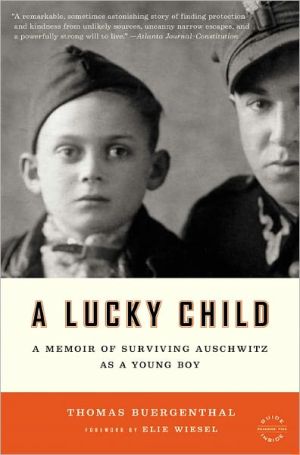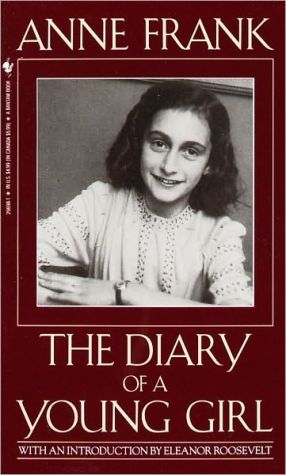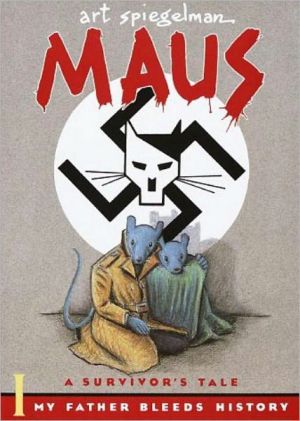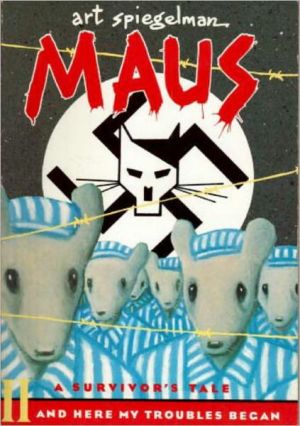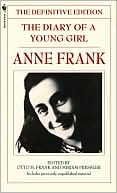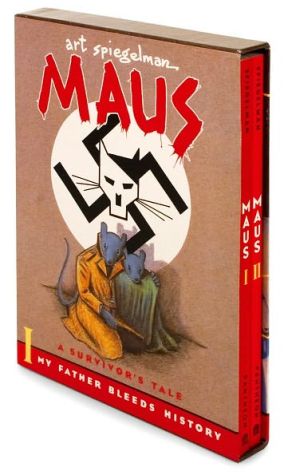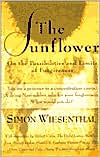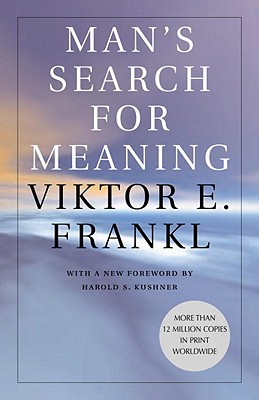A Lucky Child: A Memoir of Surviving Auschwitz as a Young Boy
Thomas Buergenthal, now a Judge in the International Court of Justice in The Hague, tells his astonishing experiences as a young boy in his memoir A LUCKY CHILD. He arrived at Auschwitz at age 10 after surviving two ghettos and a labor camp. Separated first from his mother and then his father, Buergenthal managed by his wits and some remarkable strokes of luck to survive on his own. Almost two years after his liberation, Buergenthal was miraculously reunited with his mother and in 1951...
Search in google:
Thomas Buergenthal, now a Judge in the International Court of Justice in The Hague, tells his astonishing experiences as a young boy in his memoir A LUCKY CHILD. He arrived at Auschwitz at age 10 after surviving two ghettos and a labor camp. Separated first from his mother and then his father, Buergenthal managed by his wits and some remarkable strokes of luck to survive on his own. Almost two years after his liberation, Buergenthal was miraculously reunited with his mother and in 1951 arrived in the U.S. to start a new life.Now dedicated to helping those subjected to tyranny throughout the world, Buergenthal writes his story with a simple clarity that highlights the stark details of unimaginable hardship. A LUCKY CHILD is a book that demands to be read by all. The Washington Post - Nora Krug Buergenthal's…plainspoken autobiography demonstrates that it is still possible for a Holocaust memoir to astonish…Though [his] ultimate fate is known from the start…the book still manages to conjure up suspense as Buergenthal escapes one near-death moment after another.
One day my mother came home in a very excited state. She told my father that she and a girlfriend had gone to a famous fortune-teller. Before going in, Mutti had taken off her wedding ring, and because she looked much younger than her age, she was very surprised when the fortune-teller, after studying her cards, proclaimed that my mother was married and had one child. In addition to knowing a great deal about our family background, the fortune-teller told my mother that her son was "ein Glückskind" - a lucky child - and that he would emerge unscathed from the future that awaited us.\ \ -from the book
Foreword Elie Wiesel xiPreface xvChapter 1 From Lubochna to Poland 3Chapter 2 Katowice 26Chapter 3 The Ghetto of Kielce 38Chapter 4 Auschwitz 64Chapter 5 The Auschwitz Death Transport 87Chapter 6 Liberation 98Chapter 7 Into the Polish Army 115Chapter 8 Waiting to Be Found 131Chapter 9 A New Beginning 150Chapter 10 Life in Germany 161Chapter 11 To America 193Epilogue 207Acknowledgments 227Reading Group Guide 231
\ The OklahomanReminiscent of Anne Frank and Elie Wiesel...Buergenthal [speaks] most eloquently for the millions of Holocaust victims who cannot.\ \ \ \ \ The Free Lance-StarAn incredible tale.\ \ \ The Atlanta Journal-ConstitutionA remarkable, sometimes astonishing story of finding protection and kindness from unlikely sources, uncanny narrow escapes and a powerfully strong will to live.\ \ \ \ \ BooklistYou think you've heard it all....But this one is different. The clear, nonhectoring prose makes Buergenthal's personal story-and the enduring ethical questions it prompts-the stuff of a fast, gripping read.\ \ \ \ \ The Sydney Morning HeraldA Lucky Child does not wallow in the horrors nor does it shirk the darkest events. It is a clear-headed account of Buergenthal's experiences and how they determined his life.\ \ \ \ \ Nora KrugBuergenthal's…plainspoken autobiography demonstrates that it is still possible for a Holocaust memoir to astonish…Though [his] ultimate fate is known from the start…the book still manages to conjure up suspense as Buergenthal escapes one near-death moment after another.\ —The Washington Post\ \ \ \ \ Publishers WeeklyNot many children who entered Auschwitz lived to tell the tale. The American judge at the International Court of Justice in the Hague, Czechoslovakia-born Buergenthal, is one of the few. A 10-year-old inmate in August 1944 at Birkenau, Buergenthal was one of the death camp's youngest prisoners. He miraculously survived, thanks, among others, to a friendly kapo who made him an errand boy. Buergenthal's authentic, moving tale reveals that his lifelong commitment to human rights sprang from the ashes of Auschwitz. 16 b&w photos, 1 map. (Apr. 20)\ Copyright © Reed Business Information, a division of Reed Elsevier Inc. All rights reserved.\ \ \ \ \ Library JournalAs a boy at Auschwitz, Buergenthal apparently avoided its killing process because of administrative chaos but was separated from his parents. His story is especially interesting for its detail of his postwar experiences, reconnecting with prisoners who'd helped him, and living in an orphanage in Eastern Europe until his mother found him. Buergenthal regards the Holocaust as a moral compass for his life's path as a judge on the International Criminal Court in The Hague. [See Prepub Alert, LJ1/09.]\ —Frederic Krome\ \ \ \ \ \ School Library JournalAdult/High School Buergenthal was elected American judge at the International Court of Justice, The Hague, in 2000. He is a survivor of Auschwitz, one in a succession of several labor, prison, and death camps where he spent his 10th and 11th years. An excellent and evocative storyteller, he finds that the distance of time allows him to ask questions about how his experiences in a Polish ghetto, the fact that he was able to stay with his father during his early concentration camp months, and his reunion with his mother after liberation and before his 13th birthday shaped him, and also helped him to survive in the worst Holocaust scenarios. Illustrating the vivid word images he creates with snapshots of his prewar and postwar life (the former saved by a neighbor in spite of her fears that the Nazis would discover her Jewish sympathy), this is a well-constructed, warm, insightful visit with the man. He knows that he was both lucky and well served by the plasticity of a youth that really had no "ordinary" contrast against which he might have turned and lost hope, will, and the strength to keep alive emotionally and physically. In addition to being an excellent curriculum-support text, the fine writing and insights here make this book a powerful choice for teens looking for a mentor through emotional and political challenges of their own.-Francisca Goldsmith, Halifax Public Libraries, Nova Scotia \ \ \ \ \ Kirkus ReviewsA powerful Holocaust memoir from an International Court Judge in The Hague..First published in Germany in 2007, the book revisits Buergenthal's youth in the late 1930s when he and his parents were forced by the Nazis to leave their home in Lubochna, Czechoslovakia, where they owned a hotel. After a short period in the Polish ghetto in Kielce, they were transported to Auschwitz in August 1944. The author was five when he was first uprooted in 1939, and he attributes the family's early survival to his parents' cunning and sheer luck in the face of the "Nazi killing machine." Though his mother was stripped of her German citizenship because of her Jewish heritage, her ability to speak fluent German allowed her to pass through borders relatively obstacle-free. His father's knowledge of Polish, work in the ghetto Werkstatt (a workshop or small factory) and fair hair were also important factors in their avoidance of the SS. During the journey to Auschwitz, Buergenthal lost sight of his mother. At the camp, the boy witnessed horrendous violence, sickness and death, and survived by running errands for the Kapo who supervised the showers. Separated from his father—whom he never saw again—taken to the hospital camp and marked, he believed, for death, Buergenthal was befriended by a young Polish doctor who saved him. He endured the Auschwitz Death Transport to Sachsenhausen, where the Russians eventually liberated the survivors. Only 11 years old, he briefly joined a Polish scout company before being delivered to an orphanage in Otwock, Poland. A year and a half later his mother finally located him. The author's story is astonishing and moving, and his capacity for forgiveness is remarkablyheartening..An important new voice joins the chorus of survivors..Agent: Eva Koralnik/Liepman Agency.\ \
